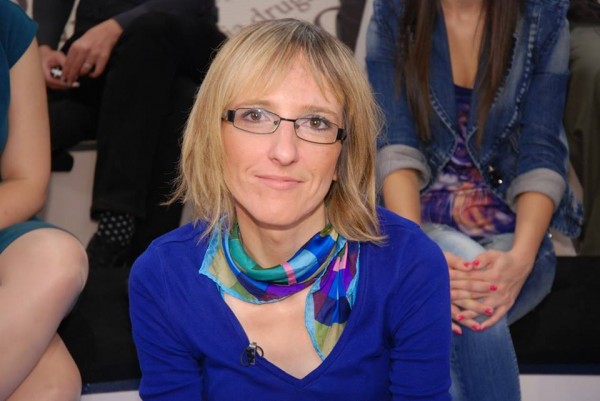
If women and men were equal in Bosnia-Herzegovina you would not be reading this interview
To discuss what the 8th of March represents, the role of women, and their status on days they are not given carnations, Balkan Diskurs spoke to Zlatiborka Popov-Momčinović, PhD. She earned her doctorate in 2013 from the Faculty of Philosophy at the University of Novi Sad and has since published more than 40 scientific papers.
“International Women’s Day was a leftist holiday that was supposed to serve as a symbolic memory of the long and terrible battle, especially for female workers, who worked in inhumane conditions in the capitalist system,” Popov-Momčinović says at the beginning of our interview. She added that in a socialist society, the starting point of equality was the assumption that women alongside with men would help to build a unified, socialist, classless society.
“This day aims at integrating all that has been done in the past and still needs to be done in the constant battle for women’s rights,” she emphasizes.
“Words such as love and respect are most commonly used on this day. Love and respect are, however, usually minimized to small acts of kindness. It is evident that the 8th of March has lost its revolutionary spirit and is celebrated in an empty ritualistic way. Previously, this day was seen as revolutionary; it was celebrating the role of women in building new societies. Today it is just a day that makes men feel obliged to buy women flowers, it became a consumerist holiday,” Popov-Momčinović points out.
On International Women’s Day, phrases such as “the weaker sex” or “the more beautiful half” are commonly seen and used. “This automatically implies that women are marginalized and consequently should be given something,” she says.
“It is capitalist commercialization at its best. Plane tickets for the 8th of March are sold out.”
In addition, Popov-Momčinović says that “the increased promotion of starlets in the media clearly reflects the status of women in our society. Reducing women to sexual objects solely seems to show that this is the only way for women to achieve success.”
She adds that the two most commonly promoted features of women are their supposed propensity for receiving gifts and their ability to build an image based on looks alone.
“Female politicians and researchers are usually neglected in the media just as if they are not supposed to be there in the first place,” explains Popov-Momčinović.
Most important, however, is for feminists to emphasize the importance of the 8th of March. Many organizations were established on this day, like Crvena (Red), a Bosnian cultural organization whose name and work ethic point to its strategy of fighting for equality and women empowerment.
“Ever since the 1960s, it was very important for feminists all around [the] world to become protectors of the symbolism of the 8th of March and all the different needs women have,” concludes Popov-Momčinović at the end of our interview.






